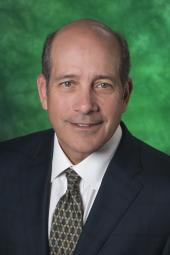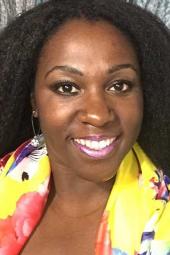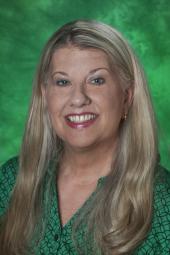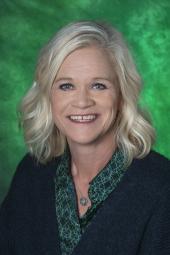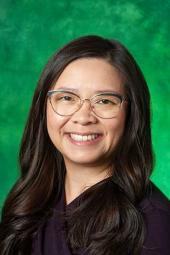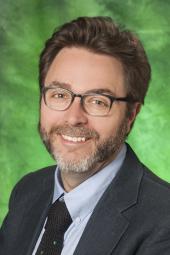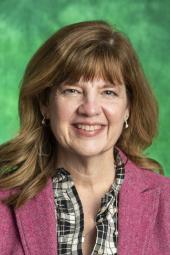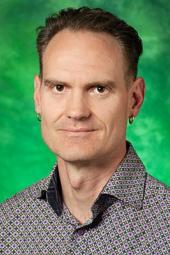Lauren Kelly
Lauren Kelly received her doctorate in HDFS/Forensic Science from Texas Tech University. She also completed training at the Federal Law Enforcement Training Center where she developed skills related to crime scene investigation, trauma-informed counseling, lie detection, victim advocacy and profiling. She also worked for a non-profit in New Mexico as a clinician assisting children who experienced the most severe forms of physical abuse, sexual abuse, and/or neglect. Dr. Kelly teaches family law and public policy, courtship and marriage, families in crisis and families, communities, schools. Dr. Kelly's research focuses on child abuse and outcomes, romantic relationships, sexism, forensic interviewing, and breastfeeding awareness.


